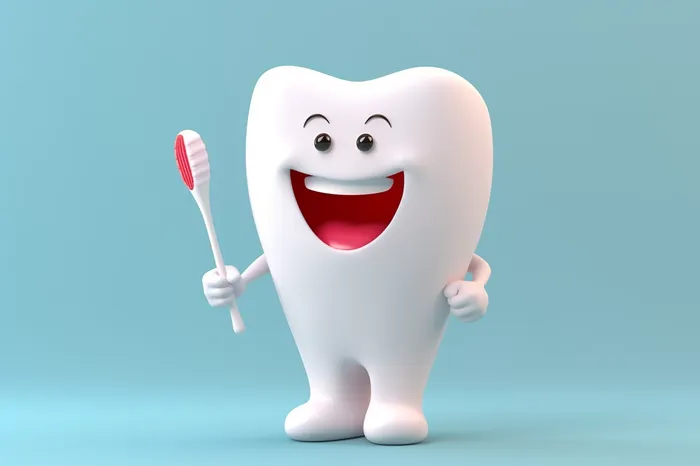We often don’t realize the extent to which our oral health can affect our overall health. Historically, serious dental infections were life-threatening before the invention of antibiotics. Modern medicine has tended to separate dental health from overall bodily health, but scientific studies show that poor oral health can lead to chronic inflammation, cancer, cardiovascular disease, and more.
A few years ago, scientists discovered a link between oral health and Alzheimer’s disease, a form of dementia which continues to rise at an alarming rate. The study found the presence of bacteria called Porphyromonas gingivalis in brain samples from deceased Alzheimer’s patients – this same bacteria is a key cause of periodontal (gum) disease.
Now, new research has shown that women suffering from periodontal disease are more likely to develop breast cancer than those without the chronic inflammatory disease. The study involved 73,737 postmenopausal women over seven years, with 26.1% of the participants reporting having gum disease. Upon follow-up, 2,124 women were diagnosed with breast cancer. The study found that breast cancer risk among all women was 14% higher for those who reported having periodontal disease. Furthermore, among women diagnosed with gum disease, those with a smoking history saw significantly increased breast cancer risk.
Importance of a healthy diet
Maintaining a nutrient-dense, healthy diet is crucial for good oral health and a strong immune system. Avoiding processed foods, sweeteners, and carbonated drinks is essential, while consuming foods rich in antioxidants can help maintain gum health and reduce inflammation. There are also supplements available to support oral health.
How to prevent periodontal disease
The American Academy of Periodontology recommends the following steps to avoid gum disease:
-
Brush your teeth: It’s important to brush after meals to remove food debris and plaque trapped between your teeth and gums. Make sure you clean your tongue too, as bacteria can accumulate there.
-
Floss: Flossing at least once daily helps remove food particles and plaque from between teeth and along the gum line where your toothbrush can’t reach.
-
Use mouthwash: Swishing with mouthwash can help reduce plaque and remove remaining food particles that brushing and flossing might have missed.
-
Know your risk: Age, smoking, diet, and genetics can all increase your risk for periodontal disease. If you’re at high risk, be sure to speak with your dental professional to discuss preventative measures.
-
Visit a periodontist: An annual comprehensive periodontal evaluation (CPE) from a dental professional can help identify early symptoms of gum disease to protect your teeth and gums, and potentially help avoid the development of serious health issues like cancer.



